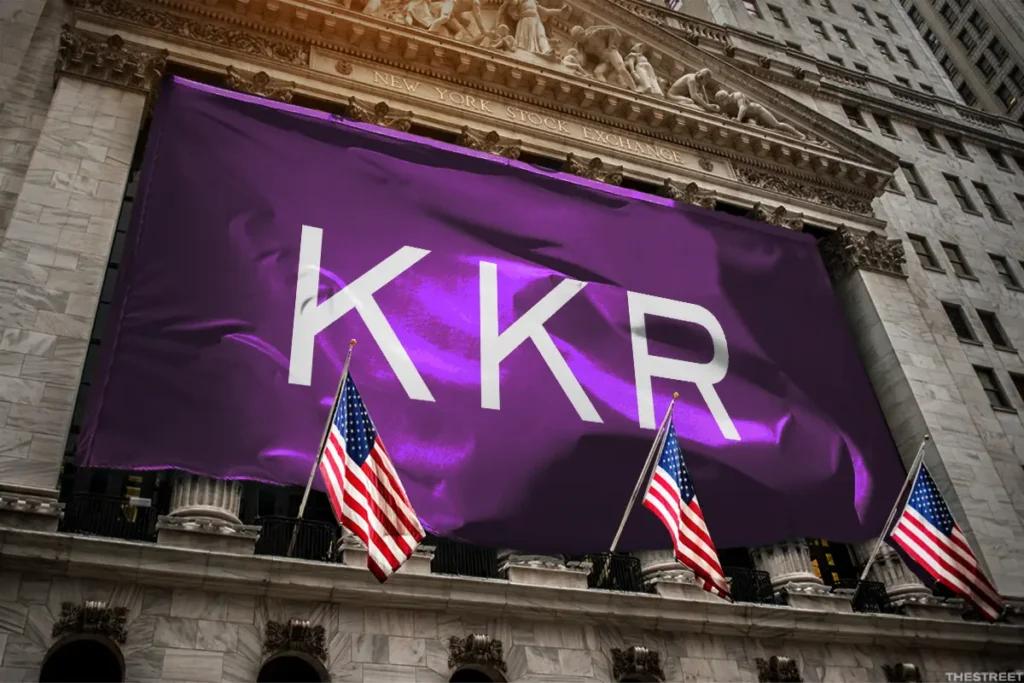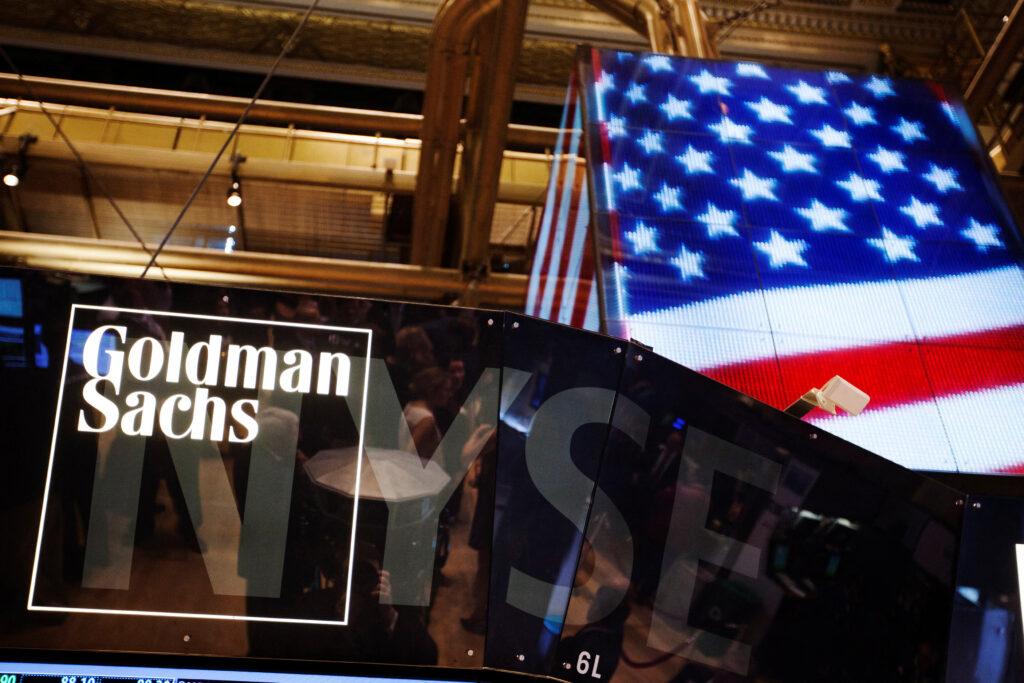I’m sure you have all heard of Nancy Pelosi’s impeccable “market timing” – her 2021 returns for stocks were 45.59% and her option returns were 66.7%. This article aims to shed some light on how we can mirror the trading success of politicians. The debate on insider trading has been an extensive one. But should the scope of “insider trading” be further widened to include policymakers and regulators trading on government information? Further, how can firms and individuals seek to exploit that same information?
Across the world, government officials have the ability to enact policies that can positively and negatively impact the performance of individual companies and markets. This can be done in many ways, for example, via subsidies, tariffs, government contracts, windfall taxes, interventions, bailouts, fiscal policy and the creation of money. I’ll focus on the US and the UK here. Transparency about which officials are purchasing stocks and shares (whilst presiding over legislation that can directly influence this) is difficult to come by in both the US and the UK. House of Commons code of conduct forbids trading with specific information relating to confidential information. The parliamentary investment interests for both Lords and MPs are available to view here and here. (Note, this doesn’t cover chief scientific advisers or advisory staff.)
In the UK, after Liz Truss’s disastrous mini-budget, the firing of policymakers over confidential ministerial leaks, the flows of Russian money into British politics, and numerous Conservative donors shorting the British economy and the pound (e.g., Crispin Odey), I think it is safe to assume there are at least a few rule breakers acting under-the-radar within Parliament. Perhaps the implementation of a US-style disclosure system would be preferable in order to obstruct these activities. This also offers retail and corporate investors new insight into an old fundamental analysis technique: the analysis of policymakers.
Indeed, under the US’s “Stock Trading on Congressional Knowledge Act” all U.S. Senators are obliged to publicly disclose and report any financial transaction they make within 45 days of its occurrence. I personally think this should be reduced to 1 day, as a lot of market movement can happen in 45 days. Regardless, numerous websites, such as Quiver Quant and Unusual Whales, now track and display this information. Information that can be highly useful if implemented into a trading strategy. Similar to court cases, SEC investigations or patent problems, the likelihood of a share-price making a major move from government policy is high. Leap options prove one example of a technique in which one can use this to make great returns.
In sum, it’s a big club, and you are not in it. Jokes aside, we need fast and readily accessible information about the assets being bought and sold by policymakers and their family, friends and business associates. Existing transparency solutions are okay, but it is clear we could, and should, do more. Given that we only hear about those who get caught trading illegally, there will be many using loopholes to act within the law, and to exploit the system for their own financial gain.
Analyst: Oliver Bonallack





























Continue with Facebook Continue with Google